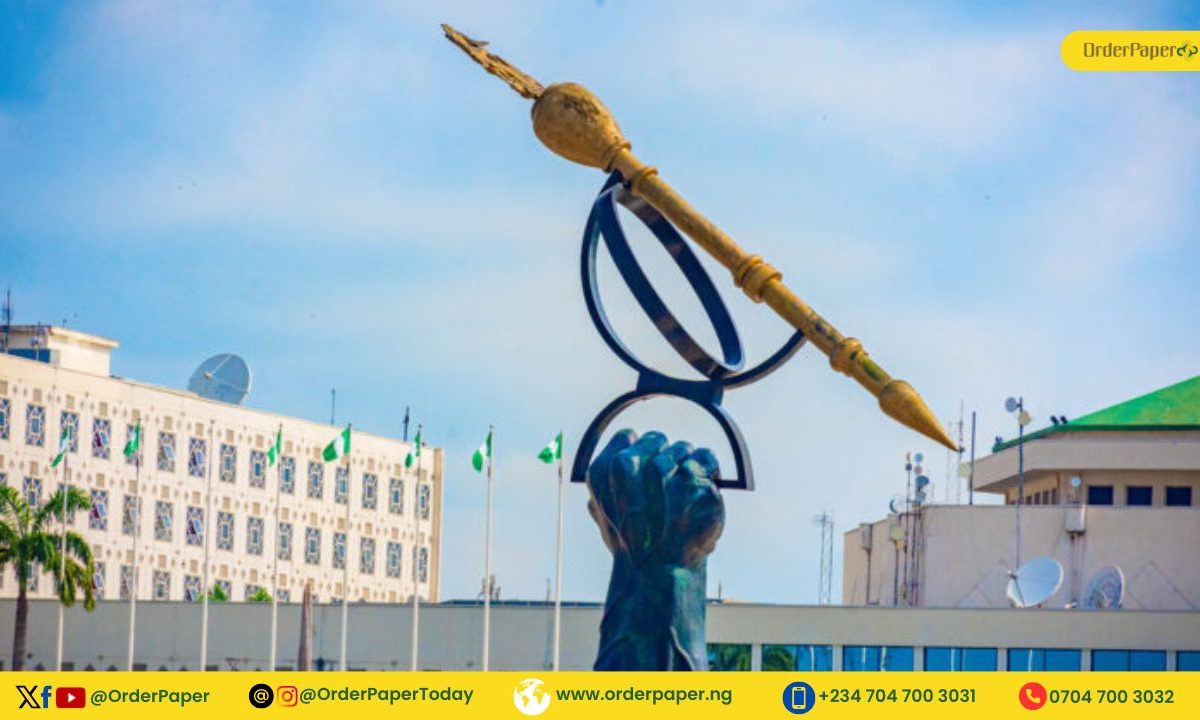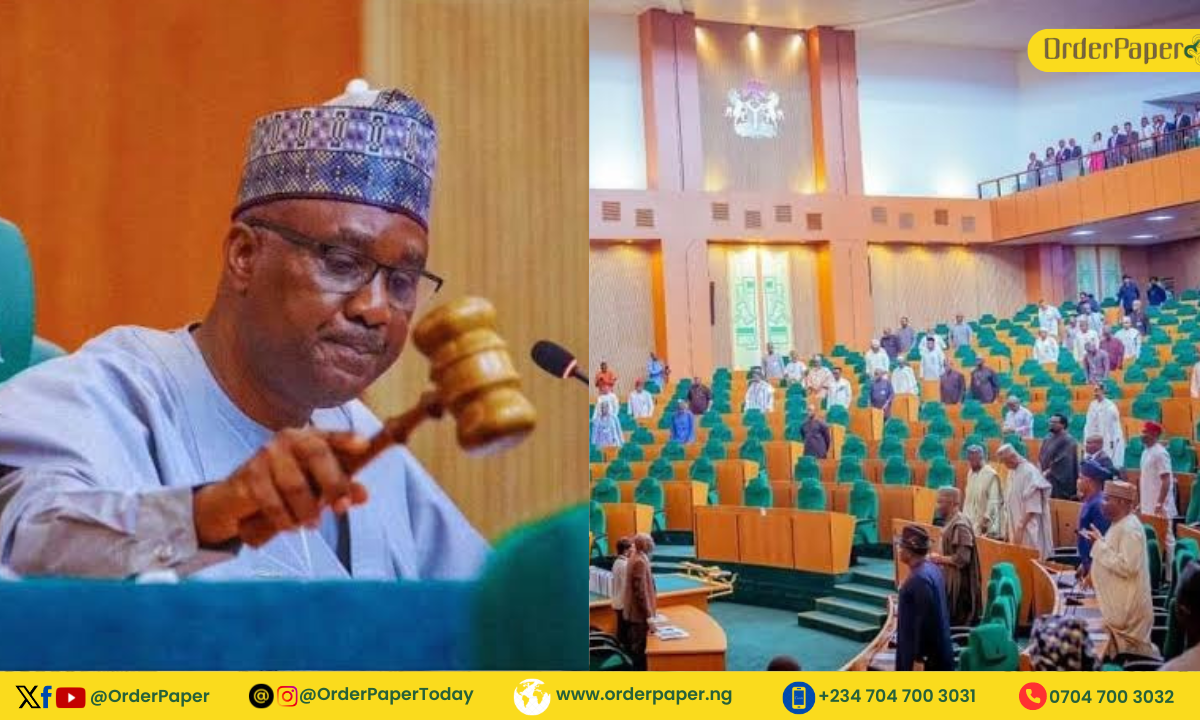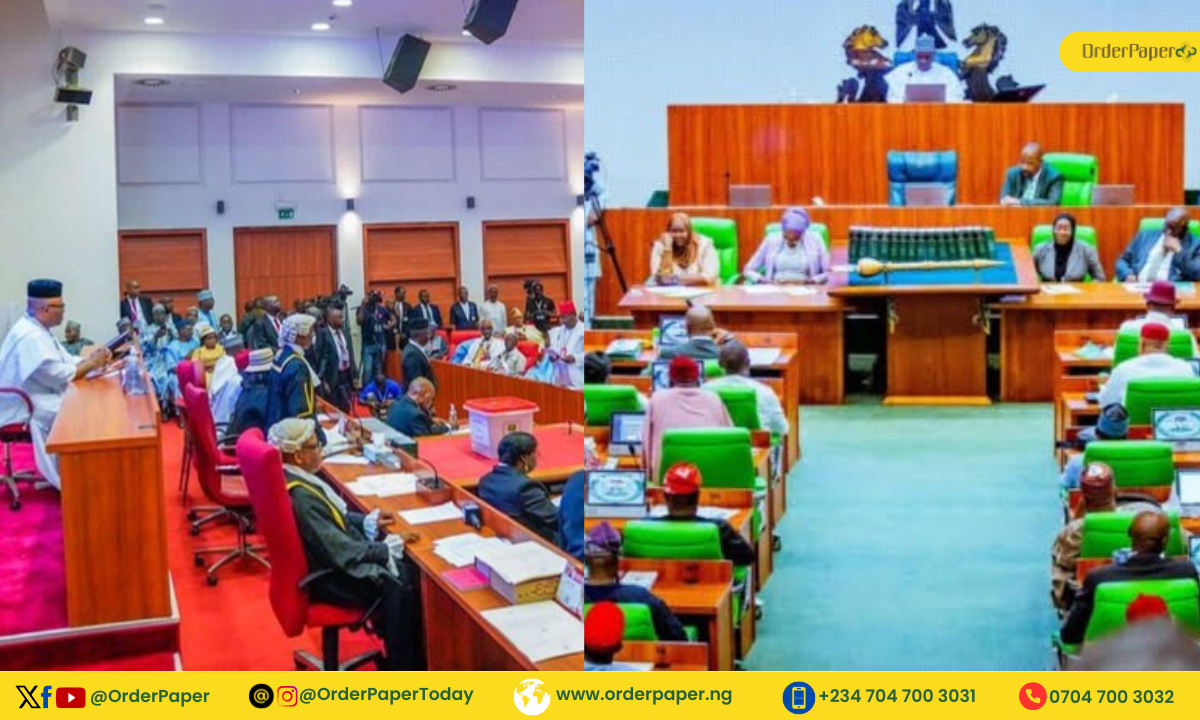Despite being a critical stakeholder in Nigeria’s oil industry, the NNPC failed to honour the committee’s summons, glaringly absent from proceedings crucial to uncovering the truth.
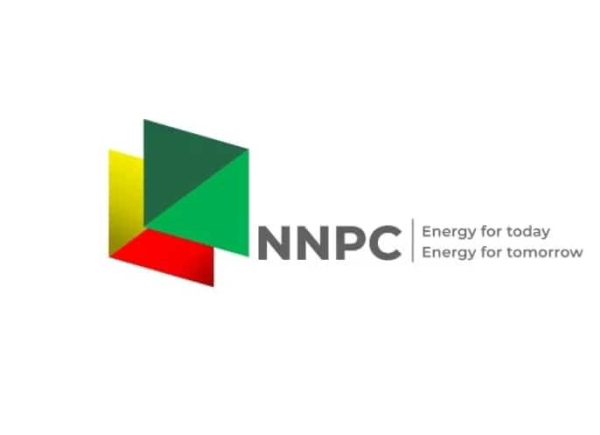
The House of Representatives ad hoc committee investigating crude oil theft and revenue loss in Nigeria has delivered an indictment against the Nigerian National Petroleum Corporation Ltd (NNPC). The report, seen exclusively by OrderPaper, is based on meticulous scrutiny and testimonies from various stakeholders and paints a troubling picture of the nation’s oil and gas sector.
The committee, chaired by Rep. AlHassan Rurum was established with a singular mandate: to unearth the truth behind the rampant theft of crude oil and the subsequent haemorrhaging of revenue vital to Nigeria’s economic stability. They uncovered a web of deceit and malpractice, with the NNPC seemingly at its epicentre.
READ ALSO: EXPLAINER: The 20 Subsidiaries of NNPC Limited
Worthy of note is the allegation made by a private firm contracted by NNPC Ltd. that installed monitoring equipment on a portion of the pipelines with the ability to send alerts of pipeline attacks to designated senior staff of the company.
A firm contacted and paid for a job well done. But, according to the private firm, there have been little or no responses to the alerts hence the continued marauding of oil pipelines. One wonders why the NNPC Ltd. would install such technology but refuse to use it optimally.

Crude oil theft issues in Nigeria
Nigeria is facing a major fiscal crisis partly due to dwindling revenues from the oil and gas sector as it has been recording massive loss in revenue through crude oil theft, sabotage, and measurement inaccuracies for a while. However, such losses have taken colossal proportions in the past two decades.
Data from several investigations and studies indicate that the country loses between 5-30% of its total crude production. Specifically, data from the annual audits of the oil and gas sector conducted by the Nigerian Extractives Industry Transparency Initiative (NEITI) show that 643 million barrels of crude valued at $48 billion (N17.1 trillion) were stolen in the period 2009-2021.
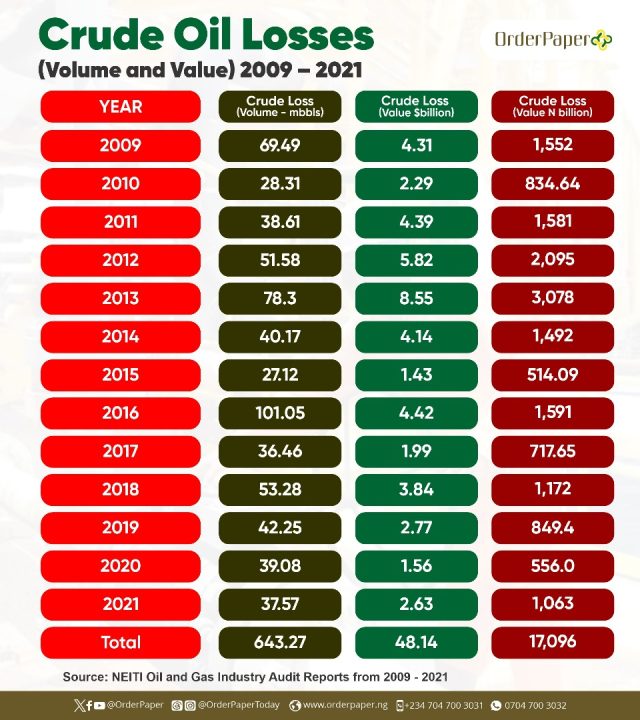
Another data by the Nigerian Upstream Petroleum Regulation Commission (NUPRC) shows that the combined crude oil production by Joint Ventures (JVs) and Production Sharing Contracts (PSCs) declined from 850.9 million barrels in 2010 to 373.1 million barrels in 2022.
Worried by these figures, the House of Representatives constituted an Ad Hoc Committee on the Need to Investigate Crude Oil Theft and Losses of Revenue Accrued from the Oil and Gas Sector in Nigeria on Wednesday, 27th July 2023 in response to a motion raised by Rep. Philip Agbese about the alarming level of economic, environmental and social costs that the country bears due to crude oil theft, sabotage, and measurement inaccuracies in the oil and gas sector.
NNPC failing to co-operate
With the mandate to investigate crude oil theft in Nigeria and ensure that everyone complicit in the theft is brought to book, the committee invited key stakeholders including relevant government Ministries, Departments and Agencies (MDAs), Government Security Agencies (GSAs), companies and civil society organisations to the public hearings.
READ ALSO: INSIGHT: NNPC and the Akara Company Story
Despite being a critical stakeholder in Nigeria’s oil industry, the NNPC failed to honour the committee’s summons, glaringly absent from proceedings crucial to uncovering the truth. This brazen act of defiance only exacerbated suspicions surrounding the corporation’s role in the pervasive theft plaguing the nation.

Accusations against NNPC
Some stakeholders, especially the GSAs entrusted with safeguarding Nigeria’s resources, emerged as vocal critics of the NNPC’s conduct. Their testimonies revealed a troubling pattern of obstruction and collusion, with the corporation accused of actively impeding efforts to combat crude theft. Some of the GSAs (particularly the NN) alleged that NNPC’s staff frustrate their efforts in arresting suspected vessels with stolen crude by swiftly processing paperwork that legitimises the cargo.
It was also revealed that the potential of curbing crude oil theft through the use of technology has not been fully maximised in Nigeria. A system that enables online and real-time detection of infractions on the pipeline and transmits the same to multiple GSAs who can take quick action to forestall damage is available but is not being utilised. Allegations made by a private firm contracted by NNPC Ltd. that installed monitoring equipment on a portion of the pipelines and has been sending alerts of attacks to designated staff of the company without any responses made.
Also, crude oil theft through a process called ‘topping’, where tankers load beyond their approved capacity, only happens with the collusion of government officials, security agencies, and NNPCL staff who operate in the value chain aided by like-minded collaborators within the government agencies and security forces.
NEITI in its 2021 Oil and Gas Industry Audit, reviewed by the committee, unveiled a long list of outstanding issues including the following:
Questions on a $ 3 billion loan contracted in 2012 under an agreement termed Pre-Export Financing (PXF) code-named ‘Project Eagle’ meant to settle subsidy payments to petroleum product marketers in full exchange for proceeds of crude oil sales from one of the NNPC’s asset (NPDC’s OML 119).
READ ALSO: INSIGHT: NNPCL, public revenues and the profit motive
Questions on the sum of $ 722.60 million paid to NNPC by Nigerian Liquefied Natural Gas (NLNG) Ltd as dividend and interest earned by the Federation in 2021 that was neither remitted to the Federation nor properly accounted for. A detailed account of all NLNG dividend payments to the Federation to date would be helpful.
Discrepancies in the amounts claimed to have been remitted by NNPC Ltd and that reported to have been remitted to the Federation Account for the year 2019 by the Office of the Auditor General of the Federation (OAuGF). While NNPC Ltd claims to have remitted the sum of N1.27 trillion, the OAuGF report stated that only N608.7 billion was remitted to the Federation Account in 2019.
NNPC Ltd failed to account for 107.2 million barrels of crude oil that it lifted in 2019. This was part of crude meant for domestic utilisation but NNPC Ltd did not provide a proper account for the proceeds of this crude oil.
In 2019, NNPC Ltd claimed to have pumped 22.9 million litres of Premium Motor Spirit (PMS) to two depots (Ibadan-Ilorin, and Aba-Enugu) between June and July but the OAuGF confirmed that the products were not received by the depots.
The committee’s findings underscore a systemic failure that transcends mere negligence and borders on complicity. Sadly, the report is yet to be presented before the House of Representatives and one wonders if the entire exercise was not a mere jamboree.

